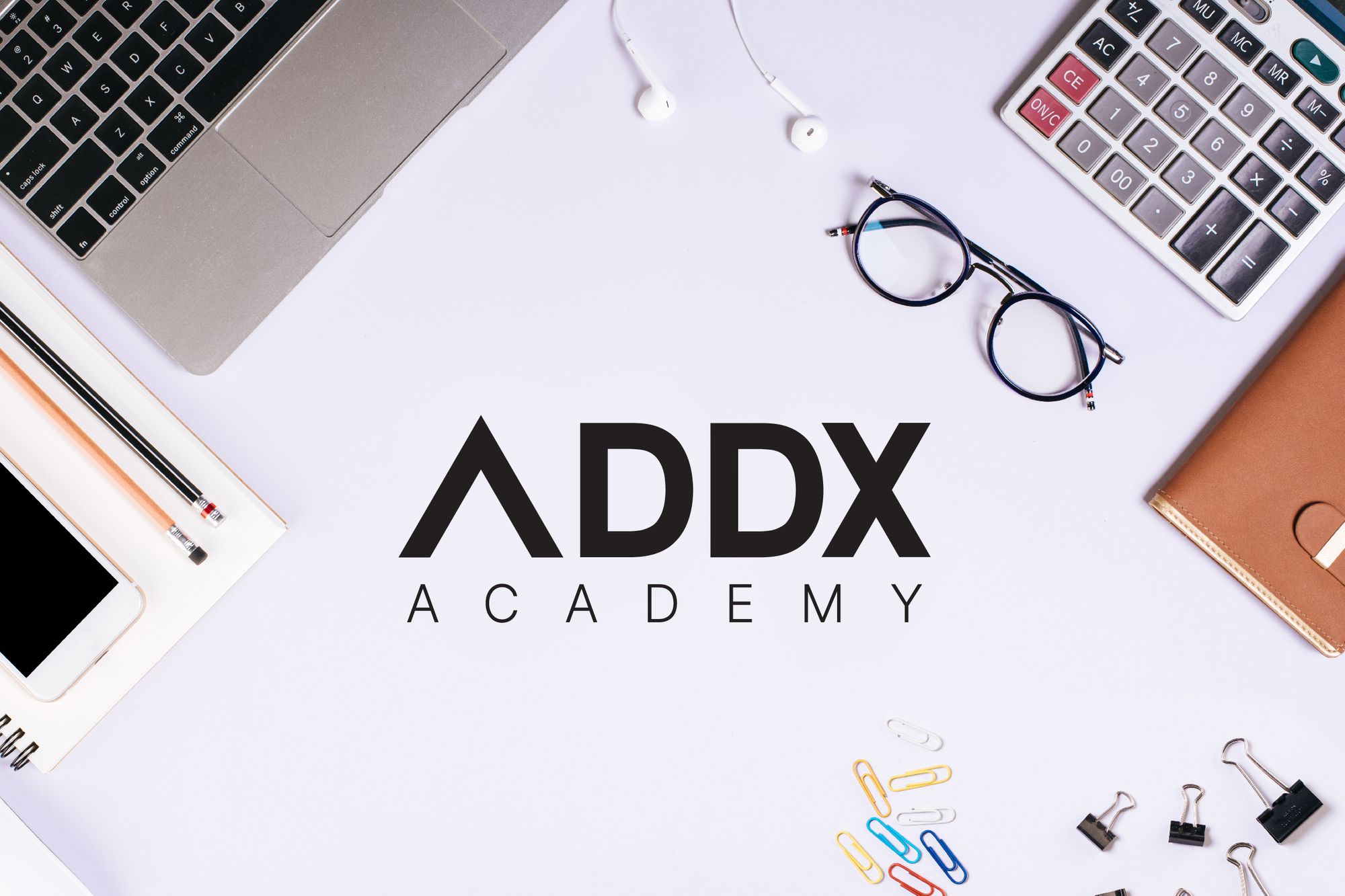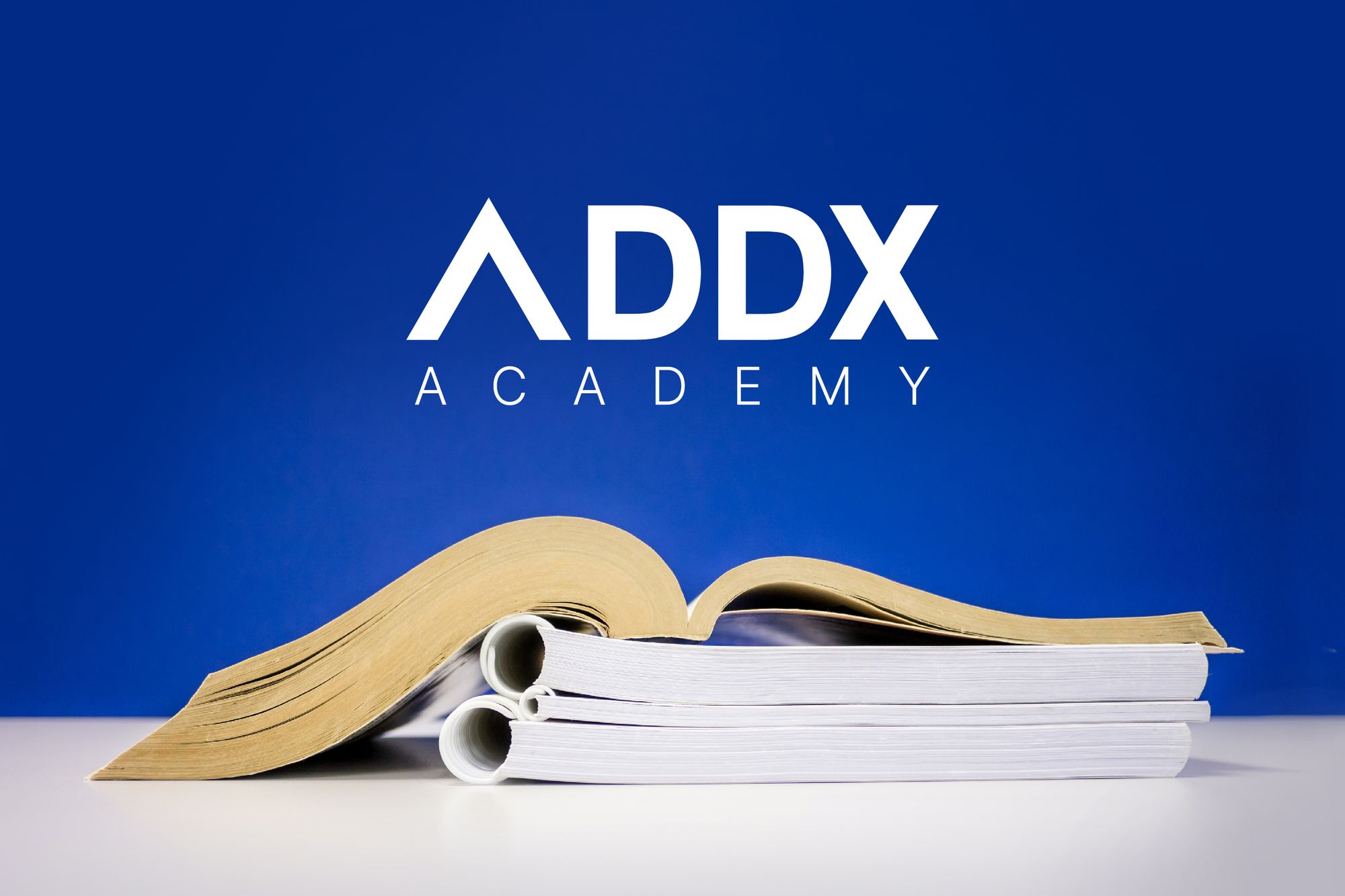Key takeaways
- Private debt typically involves investors (rather than banks) loaning funds to private companies or buying and selling those loans in exchange for interest paid
- Common examples of private debt include wholesale and private bonds, commercial paper, and structured credit
- Private debt can offer higher yields than public debt, particularly in a low interest rate environment
What is private debt?
Private debt investing comes in many forms, but commonly involves investors (rather than banks) loaning funds to private companies or buying and selling those loans. Common examples of private debt include wholesale and private corporate bonds, commercial paper, and structured products. Retail bonds, such as those available on public securities markets, are not considered private debt.
Private debt has been growing as an asset class since the Great Financial Crisis of 2008, when banks started to cut back lending activities to small and medium-sized businesses. According to Preqin, private debt assets under management (AUM) now surpass US$812 billion and are expected to exceed US$1 trillion by the end of 2021.
What are the advantages of investing in private debt?
Higher Yields
Private debt can offer investors higher returns than debt products in the public markets or government bonds. This is particularly true in a low interest rate environment.
Diversification
Private corporate debt is a valuable diversifier in a portfolio. It has different characteristics to other income-yielding assets. In addition, it has low correlation to the public markets, meaning it is less impacted by the ups and downs of the stock market.
Fixed, Regular Returns
Unlike private equity, private debt offers predictable and contractual returns in the form of interest payments.
Security
While not universally true, private debt investors get protections that private equity investors don’t. In the event of a bankruptcy, for example, they are more likely to be paid back partially or in full.
What are the disadvantages?
Credit Risk
Credit risk is the risk that the borrower defaults on repayment on the principal or the interest owing. Investors in private debt may be exposed to higher credit risks than those in traditional public fixed-income investment strategies because the loans are extended to companies that are rated below-public investment grade, so there is the potential for default.
Interest Rate Risk
Private corporate debt is subject to interest rate risk, which measures how sensitive the investment value is to interest rates either increasing or decreasing. Changes in interest affect the value of the outstanding debt, with rising interest rates generally a negative and falling interest rates a positive.
Illiquidity
Investors in private debt have traditionally had to remain invested for the loan duration because of a lack of options to buy or sell before that point. If the borrower goes into bankruptcy, investors must hold onto the investment until the process is wrapped up. ADDX, however, allows investors to buy and sell private debt on their timeline on its integrated exchange.
Who can invest in private debt?
In Singapore, entry-level investments into private debt can run into hundreds of thousands to millions of dollars, making them largely inaccessible to all but institutional investors and the extremely wealthy. ADDX, however, democratises private debt investing by making it available to investors for as little as S$10,000 (to invest in primary offerings) and as little as S$100 (to trade).
To qualify as an ADDX investor, investors need to meet one or more of the following conditions:
•Yearly income of at least S$300,000 or
•Net financial assets of at least S$1,000,000 or
•Net total assets of at least S$2,000,000
What are the other types of private debt?
Commercial Paper
These are unsecured short-term debt instruments that finance short-term company liabilities like payroll, accounts receivable, or inventories.
Corporate & Wholesale Bonds
Let you invest in private companies looking to borrow to expand operations, transform themselves or fund new ventures.
Structured Credit
Structured credit pools similar debt obligations into a single financial asset issued to investors and generates interest for them.
The bottom line
Private corporate debt offers handsome yield premiums in a low-yield investment environment and includes commercial paper, private and wholesale corporate bonds, and structured credit. ADDX democratises private debt investing by making it available to investors for as little as S$10,000 (to invest in primary offerings) and as little as S$100 (to trade).
ADDX is your entry to private market investing. It is a proprietary platform that lets you invest from USD 10,000 in unicorns, pre-IPO companies, hedge funds, and other opportunities that traditionally require millions or more to enter. ADDX is regulated by the Monetary Authority of Singapore (MAS) and is open to all non-US accredited and institutional investors.



